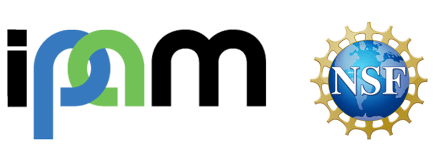Workshop II: Medical Applications and Protein Networks
Overview
The rapid advancement of mass spectrometric technologies and the completion of the human genome project have provided powerful avenues for understanding disease etiology, diagnosis, and treatment. The major goal of this workshop is to bring together a wide range of industrial and academic scientists who are interested in application of new proteomic technologies to understanding protein networking and its role in disease. In addition, the workshop will emphasize bioinformatics and development of data-mining for problem-solving with respect to complex disease proteomics.
Despite significant progress in our understanding of the molecular bases of these diseases (e.g. Alzheimer’s disease and cancer), major challenges remain in order to develop effective early diagnoses and treatments. Although it is clear that there are still many scientific problems in the fields of disease proteomics that remain to be solved, significant progress has been made in the following areas: the identification of unique biomarkers for early detection and disease classification; the identification of potential therapeutic targets for rational drug design; protein profiling of disease cases at the tissue and subcellular structural levels; and the protein identification of protein complexes in biological fluids. Presentations by a panel of speakers will address the outlined above issues and will provide a clear overview on the current status and future directions of disease proteomics and protein interaction pathways. In particular, panel discussions will cover topics within the areas of cancer, neurological disorders, infectious diseases, mass spectrometry imaging, organellar proteomics and protein networks.
Organizing Committee
David Eisenberg
(UCLA)
Lisa Ellerby
(Buck Institute for Age Research)
Bradford Gibson
(Buck Institute for Age Research)
Katheryn Resing
(University of Colorado)
Austin Yang, Chair
(University of Southern California)
